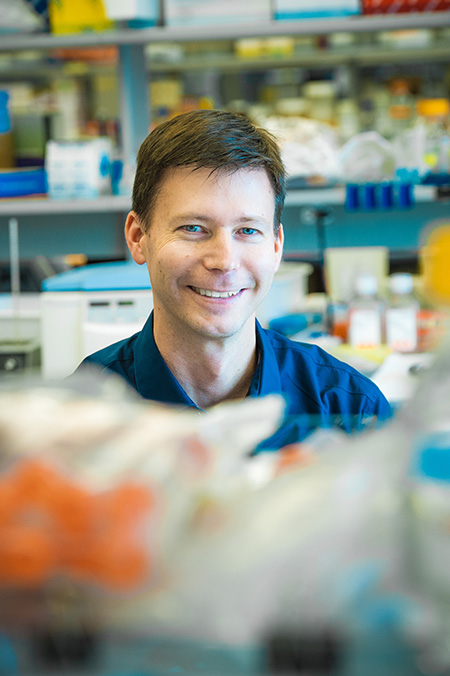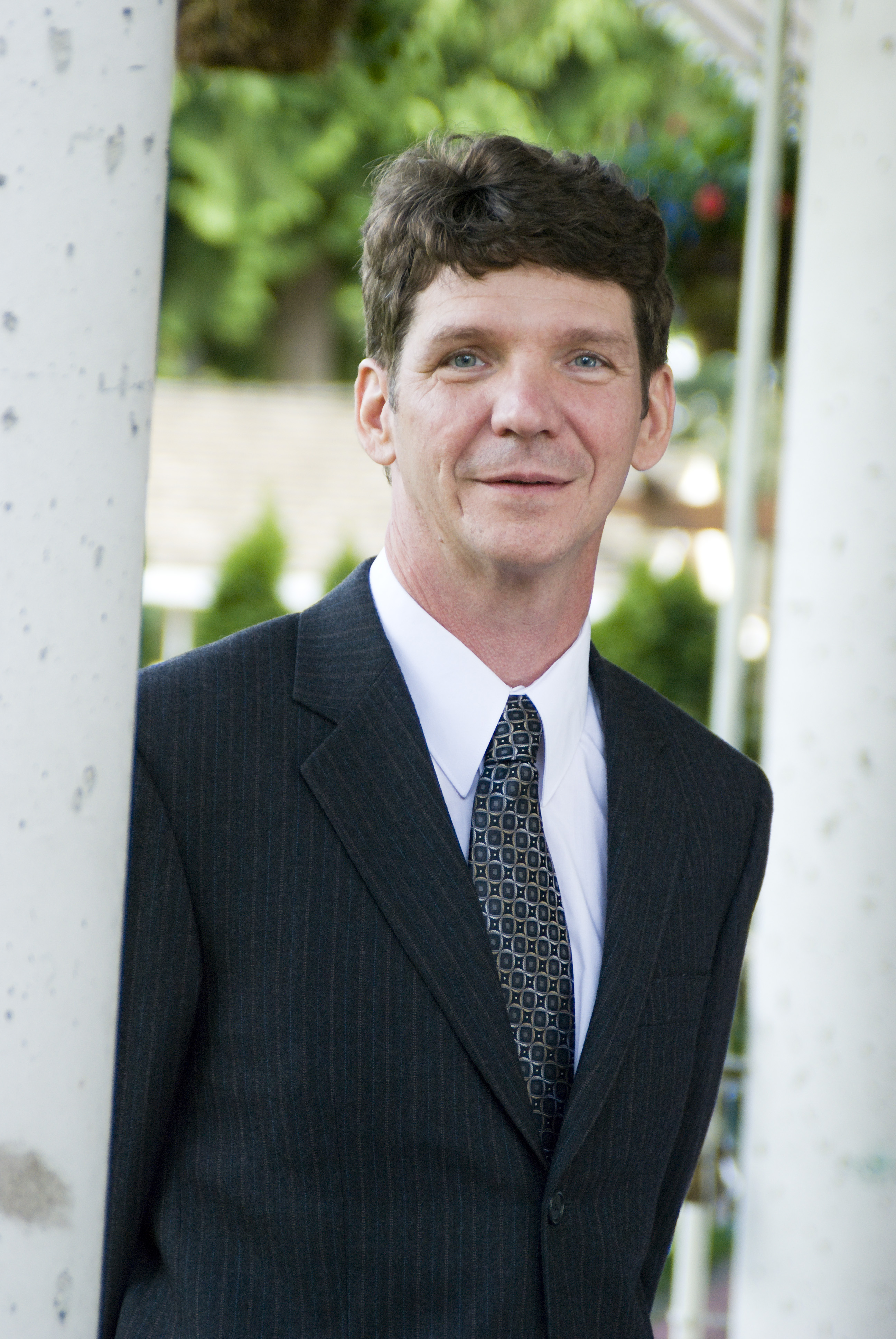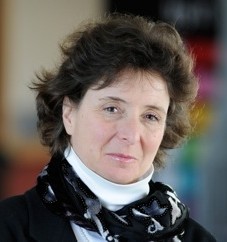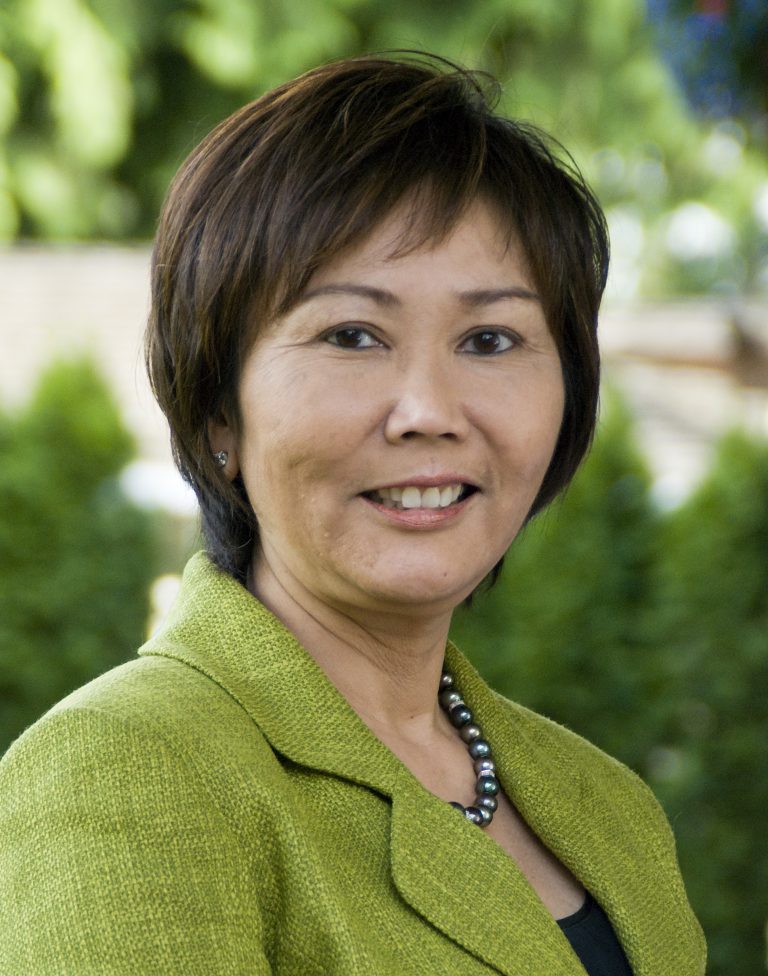Members of the UBC Faculty of Medicine are either principal investigators or co-investigators on 13 grants from the Stem Cell Network’s annual funding competition – the highest number of researchers from any single institution.
UBC researchers received $2.1 million (out of a total distribution $9 million) to develop stem cell therapies or to explore ways of making them more effective or feasible. Their projects cover a wide range of diseases, including Type 1 diabetes, atrial fibrillation, retinal degeneration, breast cancer and blood cancer. UBC is involved in 13 of the 31 projects, with five of them focused on diabetes.
One of the grants will fund a first-of-its-kind clinical trial that will recruit Type 1 diabetes patients in British Columbia.
The Stem Cell Network (SCN)’s funds originate from the federal government’s $12 million, two-year investment in stem cell research, announced in March. The grants were announced Nov. 24 in Ottawa by the Honourable Kirsty Duncan, federal Minister of Science.
“These projects encourage partnerships between universities, hospitals and businesses—and that collaboration is a key component of a healthy innovation system,” Minister Duncan said. “Through the Stem Cell Network, people are gaining a better understanding of this promising research, which in turn, helps to inform more effective public policy.”
Michael Rudnicki, Scientific Director of SCN, said research into stem cells is now at a “tipping point, with the potential to see breakthroughs in our generation.”
The projects being led by or involving UBC are:
A stem cell therapy for insulin replacement in patients with diabetes
Principal Investigator: Tim Kieffer, Professor in the Department of Cellular and Physiological Sciences and member, Life Sciences Institute
Co-principal investigators: David Thompson (Clinical Assistant Professor, Department of Medicine), Graydon Meneilly (Professor and Head, Department of Medicine), Garth Warnock (Professor, Department of Surgery) and Megan Levings (Professor, Department of Surgery).
Amount: $500,000
Diabetes is a disease caused by insufficient production of the hormone insulin, resulting in elevated blood sugar levels and damage to several tissues leading to debilitating complications. This project – along with four others also funded by the SCN this year (see below) – seeks to develop a cell-based therapy for diabetes by transplanting differentiated stem cells under the skin, whereby the cells take over the automatic production of insulin and control of blood sugar levels.
This project will recruit patients with type 1 diabetes to examine if higher doses of the cells can restore normal control of blood glucose levels and reduce, or even eliminate, the need for insulin injections. If successful, this clinical trial may lead to the development of a product that can cure millions of patients with diabetes, putting an end to insulin injections and making another major accomplishment in Canada’s diabetes research history.
Optimizing stem cell derived beta-cell therapy for diabetes
Principal Investigator: Tim Kieffer, Professor, Department of Cellular and Physiological Sciences; member, Life Sciences Institute
Co-Principal Investigators: Brad Hoffman (Associate Professor, Department of Surgery), James Johnson (Professor, Department of Cellular and Physiological Sciences), Francis Lynn (Associate Professor, Department of Surgery)
Amount: $500,000
This project will seek to develop and test what many believe are presently the world’s best protocols for coaxing stem cells towards insulin-producing cells. Both functional and gene analysis technologies will be critical to pinpoint deficits in currently produced cells, and also to validate when we successfully produce mature insulin-producing cells. This team, with its highly complementary skills, is poised to develop methods to manufacture mature insulin-producing cells for what promises to be a new paradigm in diabetes treatment.
Biodistribution of differentiated stem cells following subcutaneous transplant
Principal investigator: Tim Kieffer
Amount: $100,000
Dr. Kieffer’s team has developed cell culture procedures to generate large quantities of insulin-producing cells that, when implanted in rodents, can reverse diabetes. His lab now plans to extend these studies by including genetically modified stem cells that will enable non-invasive imaging of the cells following transplant in order to monitor their distribution throughout the body to confirm if the cells remain at the site of transplant. In addition, the project will test a novel “kill-switch” to determine if we can eliminate the transplanted cells by treatment with an otherwise harmless inducing agent. Collectively, these studies may provide important knowledge and added levels of safety to justify trying this therapeutic approach in humans with diabetes.
Image-based screening to enhance insulin production in human embryonic stem cells
Principal investigator: James Johnson, Professor, Department of Cellular and Physiological Sciences; member, Life Sciences Institute
Amount: $100,000
Dr. Johnson’s team will expand their ongoing screening of compounds that can increase insulin production in stem cells.
Genetic manipulation of hESC-derived insulin-producing cells to improve graft outcomes
Principal investigator: Bruce Verchere, Professor, Department of Surgery; Investigator, BC Children’s Hospital Research Institute
Co-investigators: Megan Levings (Department of Surgery), Tim Kieffer (Department of Cellular and Physiological Sciences), Francis Lynn (Department of Surgery)
Amount: $490,000
Dr. Verchere’s project will edit the genome of human embryonic stem cells to make insulin-producing cells with better function and survival after transplantation into people with diabetes. They will replace a gene that creates toxic products with a safer gene, and they will insert a gene to protect the transplanted cells from immune attack. With further study, the researchers intend to prepare these modified cells for clinical trial.
Garbage to Gold: Expansion of therapeutic regulatory T cells from discarded thymus
Principal investigator: Megan Levings, Professor, Department of Surgery; Investigator, BC Children’s Hospital Research Institute
Amount: $100,000
For many patients with blood cancers, the only option for cure is hematopoietic stem cell transplantation (HSCT), but that can cause the donor immune cells to attack the patient’s healthy tissues – known as “graft-versus-host disease.” HSCT would be safer if we could prevent or reduce graft-versus-host disease without affecting the donor cells’ anti-cancer action. Dr. Levings’s team is developing a novel cellular therapy with regulatory T-cells to treat graft-versus-host disease that results from HSCT, but it is difficult and time-consuming to obtain enough regulatory T-cells with the correct properties. Dr. Levings team has shown that appropriate T-cells can be harvested from the thymus gland, which is discarded in children undergoing heart surgery. In this project, her team will develop methods for large-scale expansion of thymic regulatory T-cells, working with a private sector partner to create new reagents and protocols to achieve this aim. This ground-work will be a key step in translating this approach to the bedside to test if delivering thymic regulatory T-cells can reduce graft-versus-host disease.
Cell therapy targeting tumor-specific modifications of podocalyxin in triple negative breast cancer
Principal investigator: Kelly McNagny, Professor, Department of Medical Genetics; member, Biomedical Research Institute
Amount: $100,000
Despite being more likely to receive chemotherapy, or surgery plus chemotherapy, the 5-year survival rate of triple-negative breast cancer patients remains below 65 per cent, and new targeted approaches are urgently needed. This project will seek to develop a humanized antibody that recognizes a modified version of the protein podocalyxin in triple-negative breast cancer cells. Previous research has shown that this protein, when neutralized in animal models, reduces invasion and metastasis of the cancer cells.
Decision-making in translation: urgency, access and evaluation in off-label stem cell interventions
Principal investigator: Judy Illes, Professor, Department of Medicine; Director, National Core for Neuroethics at UBC
Amount: $50,000
Dr. Illes’s team will interview MS patients and explore with them the evaluative criteria and decision-making processes that lead them to off-label stem cell transplants over the more conventional alternatives of participating in a clinical trial or waiting for a market-approved therapy. The team hows to produce evidence-informed resources and recommendations to patients and providers to enhance the “informed” element of “informed choices” about investigational stem cell products.
Using human pluripotent stem-cell derived cardiomycytes to investigate the mechanisms of ibrutinib-induced atrial fibrillation
Principal investigator: Liam Brunham, Assistant Professor, Department of Medicine; Principal Investigator, Centre for Heart+Lung Innovation
Co-investigators: Zach Laksman (Department of Medicine), Glen Tibbits (Department of Pathology and Laboratory Medicine)
Amount: $100,000
Ibrutinib is a new, highly effective medication used to treat blood cancers. However, up to 10 per cent of patients receiving this medication develop atrial fibrillation (AF) that can cause stroke, for unknown reasons. Human pluripotent stem cells (hPSCs) can be used to generate human heart cells (cardiomyocytes) representing different heart chambers, and thus are an excellent model system for studying drug-induced heart injury. The overall goal of this project is to use hPSC-derived cardiomyocytes to investigate the mechanisms of ibrutinib-induced AF. Dr. Brunham’s team aims to use these stem cell-derived cardiomyocytes to explore the mechanisms of this side-effect, allowing predictions about which patients may be most sensitive to ibrutinib, and to identify medications to treat or prevent AF in patients who receive ibrutinib — ultimately making treatment with this important new drug safer and more effective.
Development of hematopoietic stem cell expanding molecules towards the ideal transplant
Co-Investigators (led by Anne Marnier, University of Montreal): Connie Eaves (Department of Medical Genetics and BC Cancer Agency) and Keith Humphries (Department of Medicine and BC Cancer Agency)
Amount: $500,000
Treating advanced retinal degeneration
Principal investigator: Joanne Matsubara, Professor, Department of Ophthalmology and Visual Science; Director of Research, Basic Sciences, Vancouver Coastal Health Research Institute
Co-investigators: David Maberley (Department of Ophthalmology and Visual Science) and Marinko Sarunic (Simon Fraser University)
Amount: $99,502
Despite dozens of promising clinical trials (and countless animal trials) designed to regenerate the retina with stem cells, none have solved the challenge successfully. This is because the retina has many layers, and all layers are necessary in order to restore vision in patients with advanced retinal degeneration (more than 100 million worldwide, including macular degeneration, diabetic retinopathy, and many forms of inherited retinal dystrophies). Dr. Matsubara’s team has developed a stem-cell based regenerative approach that results in the correct orientation and layering of multiple co-dependent subretinal grafts that repopulate the damaged retinal layers. This study will provide further proof-of-principle in animal models, using standard out-patient retinal surgical techniques, infrastructure, and in vivo imaging. The biotechnology behind this therapeutic approach is the foundation for VisuCyte Therapeutics (an e@UBC venture), co-founded by UBC gradute students Christopher Laver and Corey Kelly.
Pharmacological recruitment of endogenous neural precursors to promote pediatric white matter repair
Co-investigator (with Freda Miller at Hospital for Sick Children): Wolfram Tetzlaff (Department of Surgery and Department of Zoology, Director of ICORD)
Amount: $500,000
Damage to brain white matter, which contains myelinated axons, occurs after injury and in disorders like multiple sclerosis, resulting in sensory, motor, and cognitive problems. Currently, there are no effective medical therapies to promote brain repair and reduce disability following white matter damage. Dr. Tetzlaff and his collaborators hope to enhance the genesis of new oligodendrocytes, the cells that make myelin, and in so doing to promote white matter repair. Neural precursor cells normally make oligodendrocytes throughout life, so the team will try to active them with a widely-used and safe drug, metformin. Using mouse models, they will assess metformin’s ability to enhance brain function as it promotes white matter repair, and they will search for additional methods of activating brain stem cells so that they make more oligodendrocytes. Their ultimate goal is a clinical trial for metformin in children and adolescents with white matter damage.
Cellular immunotherapy for septic shock
Co-Investigator (led by Ottawa Hospital Research Institute): Keith Walley (Department of Medicine and Centre for Heart+Lung Innovation)
Amount: $1,000,000




